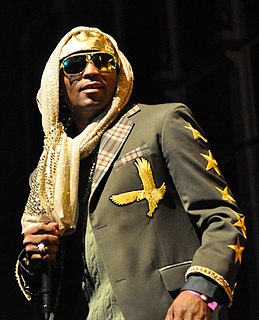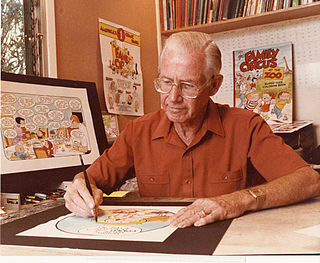A Quote by Conor Oberst
My favorite rhymes are sort of half-rhymes where you might just get the vowel sound the same, but it's not really a true rhyme. That gives you far more flexibility to capture the feeling you're trying to express. But sometimes it's best not to have any rhyme.
Related Quotes
I'm not an advocate of true rhymes, I don't think. I think that everyone who writes musical theater needs to know how to do true rhymes, because that's the tradition of it, but I do think that in order for the art form to grow, it's important to not let tradition get in the way of innovation. There's all kinds of reasons not to use true rhyme in a lyric, like with off-color humor.
Rhyme as an echo not a closing off of sound. Love it. I don't know where the rhymes came from. Or the puns like "no/know" and so on. Just a way my mind start moving toward what seemed urgent to it. I'd like to claim complete rational intent for it all, but it wasn't that way. if you asked me about rhyme thirty years ago, I'd have said: not me, never. And now I done it.
This is what rhyme does. In a couplet, the first rhyme is like a question to which the second rhyme is an answer. The first rhyme leaves something in the air, some unanswered business. In most quatrains, space is created between the rhyme that poses the question and the rhyme that gives the answer - it is like a pleasure deferred.
In 1967, in DeKalb v. DeSpain, a court (255 F.Supp. 655. N.D.Ill. 1966.) took a 4-line nursery rhyme used by a K-5 kindergarten class and declared the nursery rhyme unconstitutional. The court explained that although the word 'God' was not contained in this nursery rhyme, if someone were to hear the rhyme, he might think that it was talking about God - and that would be unconstitutional!
Basically, I'm going to take what you did, the bare-bones structure of what you were trying to do, how you were attacking the song, and attack it in pretty much the same way, just with more intensity to show you that you could've come harder. Like, I've been in situations where I've had to tell a cat how to rhyme his rhyme.

































